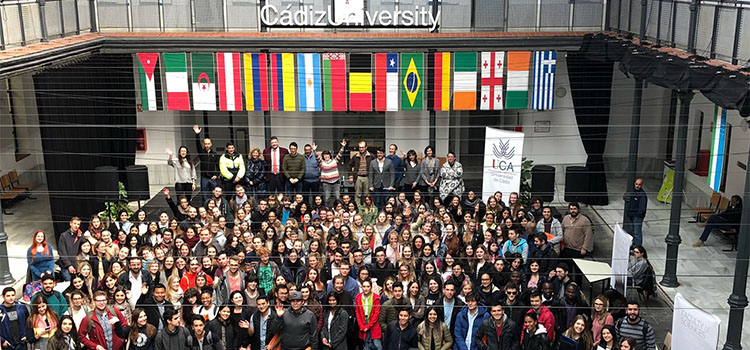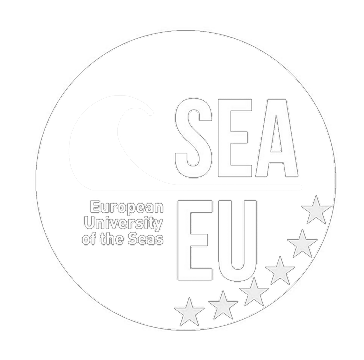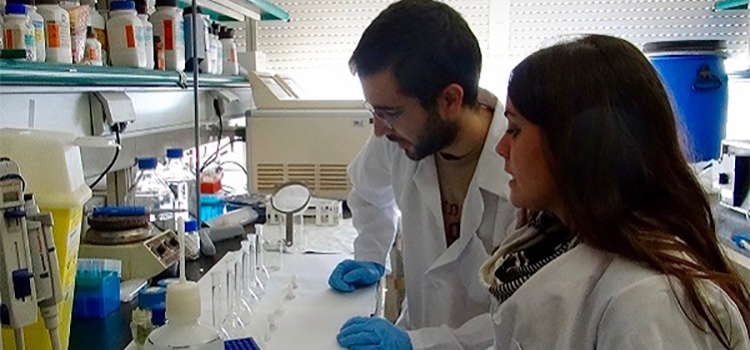The University of Cádiz obtains the maximum recognition of quality in the management with the European Seal of Excellence EFQM 500+ 27 July 2018
The University of Cádiz has received the European Seal of Excellence EFQM 500+, the highest recognition established by the European Foundation for Quality Management (EFQM), improving the 400+ seal achieved by the UCA in 2016. It is therefore, an international recognition of the highest level that is granted after a complete evaluation of the management system of the teaching, research, transfer and services processes of our University. At present, there are many organizations that use the EFQM Model, especially for some specific areas of the institution, but very few have achieved 500+ level recognition for the entire organization. At the present time, a score of Spanish universities have some type of Seal of Excellence, although only three universities in Spain currently maintain a level of 500+ for the entire organization, including the UCA.
In this way, and after the rigorous audit carried out at the University of Cádiz, the evaluation team has concluded which actions and strategies have led to excellence both in processes that have added value to their management and in good practices. In the field of creating value to the environment, the evaluation report highlights “the creation of mixed research units UCA – Enterprise and the extension of services (industrial theses, double degrees, development of university institutes) that add value to the key interest groups and the review of the commitment of the quality system (where the map of established degrees shows singularities of each campus)”. In the same way, it is highlighted that the University of Cádiz has deployed “a cross-cutting strategy that begins with the design of the strategic plan and is developed to enable sustainable management.”
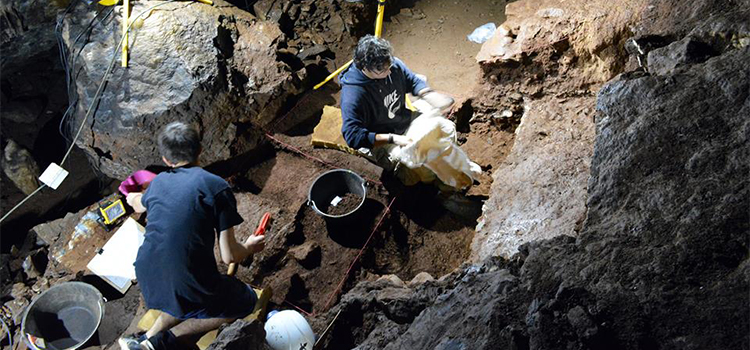
The report prepared by the team of external evaluators highlights, among other issues, that “the University of Cádiz has deepened and perfected its culture of continuous improvement” and that the shared leadership “is deployed in an agile way being segmented by campus and in university institutes. The UCA is involved in the territory to look for an educational specificity in each campus, which supposes a strategic support of the first magnitude”. In the same way, it is indicated how, through its Strategic Plan, the “UCA is a reference organization in the strategic deployment”, recognizing the work of “conditioning the administrative structures to gain effectiveness”.
On the other hand, “the management of alliances and the participation in inter-university networks is a factor of success for the University of Cádiz and its deployment through the formalization of agreements is a strength”. Thus, the UCA is considered as an institution with well-defined processes and services and a wide range of alliances, noting that “the enlargement of the catalog of University Research Institutes strategically enhances the value bet for the future of the UCA, at the same time that it involves important Stakeholders (large companies and SMEs) in the innovation of new products and services. This line of action also contributes to the stability of external financing” and they estimate the “contribution of value when creating industrial theses (which may lead to the improvement of employability in the future)”.
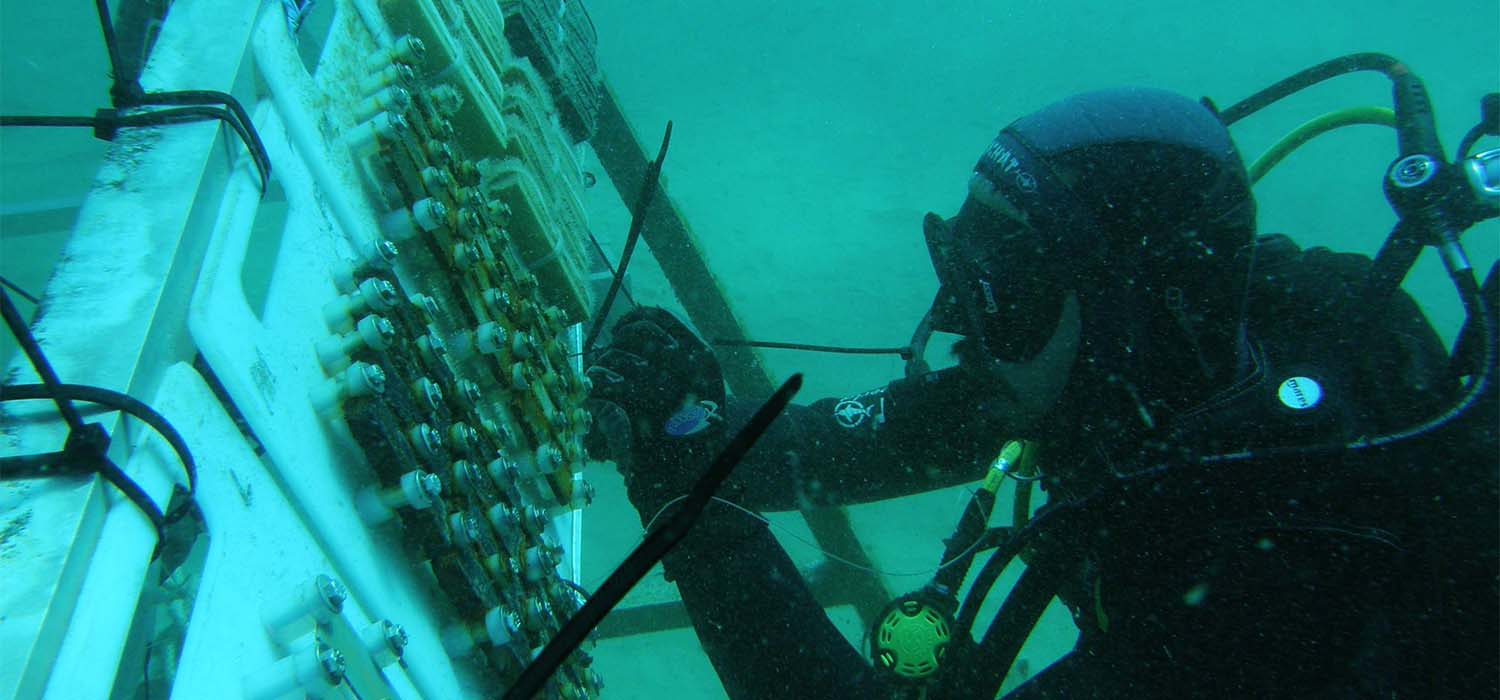
Regarding the results of the University of Cádiz, the evaluators point out, among other issues, that the degree of satisfaction with infrastructures is very remarkable, evidencing the strong success of the policies and strategies related to the increase and care of the real estate and the good results of the key indicators of economic efficiency. The report highlights the “good performance also of the indicators dedicated to the measurement of academic fees” and “the good results of the indicators related to business practices”.
At the same time, the existence in the UCA of “a code of economic operators with suppliers, so that they assume the social responsibility policy” has been valued through “agreements with companies to consolidate and promote this line of social responsibility”. A reality that has allowed a “good management of alliances” and whose management has been reinforced by the provision of an information system that allows the immediate provision of data to make master plans, for which it has been recognized ” leadership committed to strategic guidance, involvement and facilitation of management systems for continuous improvement” and to “manage with agility” through a “culture of leadership evaluation” and the extension “of management style to the entire structure, to services and administrative units”.
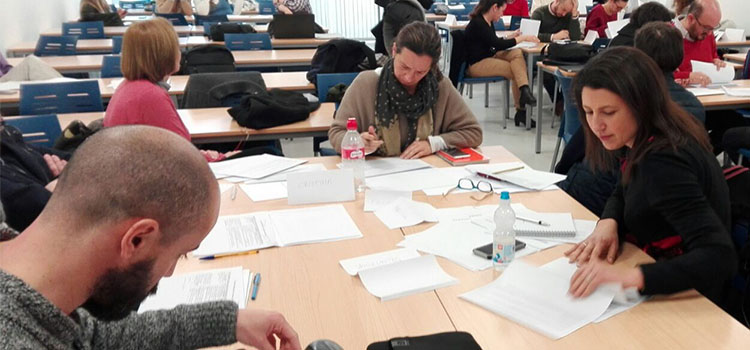
In addition, the evaluation report of the Seal of Excellence 500+ highlights, in a special way, the “very positive effect in terms of offering and attracting students’ enrollment” and collects as relevant and contrasted actions the Talent Attraction Program of the UCA, the bibliometrics website (where there are bibliometric reports, research indicators, research rankings, research report), the development of social responsibility programs in connection with the local environment (as in the case of “Empresas con Corazón” in order to promote different actions/social works), the María Castellano Program of the Faculty of Medicine (a practice designed for the accreditation of medical staff in hospitals, focused on resident doctors and with good results), the Atalaya interuniversity Project (consolidation of collaborative networks to manage the programs of cultural activities) or the environmental management system certified by ISO, which has received the mention of good practice by the Conference of Rectors of Spanish Universities (CRUE) and which has made the UCA the first Spanish university in the Spanish ranking of sustainability.
It is, therefore, a distinction to the collective effort of professors, researchers and administration & services staff of the institution. In order to obtain this maximum international quality certification, the University of Cádiz has had to overcome a demanding assessment and audit process and a visit in which all the services of the UCA have participated: units, centers, departments, research institutes, as well as representatives of the main external interest groups, under the coordination of the Vice-Rector for Social Responsibility, Cultural & Services Extension and the Delegation of the Rector for Strategic Development. Specifically, from the 9th to the 13th of July, a team of five evaluators did a review of the processes to verify the presented report, has met with leaders and users and has carried out a complete visit to different facilities of our campuses. In short, an excellence that has the permanent goal of making the University of Cádiz a useful institution for society, acknowledged the rector of the UCA, Eduardo González Mazo, who “has congratulated to the whole of the university community for this great collaborative achievement”
